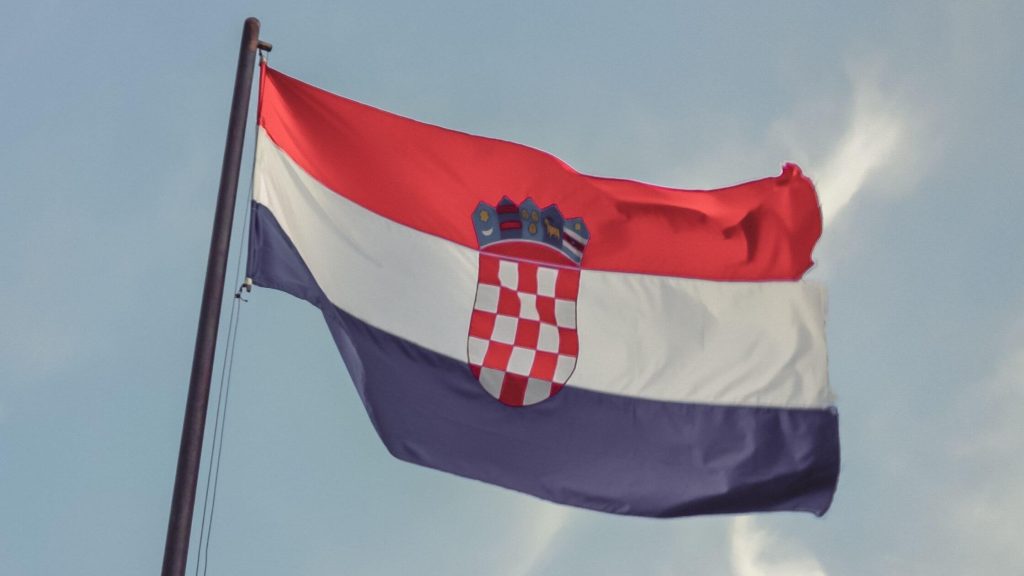The OECD formally launched accession talks with six candidate countries on 25 January.
Croatia has adopted 29 legal instruments of a total of 253 required by the Paris-based club of industrially developed countries.
Brazil has adopted 105 instruments, Romania 56, Argentina 51, Peru 46 and Bulgaria 33, according to data from the OECD website.
Founded in 1961, the OECD is a forum of countries which call themselves democracies and market economies. It is financed by its member-states which discuss global problems and publish economic analyses.
“We have become a member of all relevant international organisations except for the OECD,” Grlić Radman said in a video message to Croats attending a meeting of the diaspora in Paraguay a week ago.
Accession to the OECD is politically important to the Croatian government and it has therefore entrusted the Foreign Ministry with conducting the accession talks.
Brazil, who has made the most progress in accession talks, has entrusted that role to its Economy Ministry, led by Paulo Guedes.
In February 2022 the Croatian government formed a negotiating team for talks with the OECD, with Grlić Radman as the chief negotiator. A representative of the Economy Ministry was also appointed a member of the team.
On 16 March Grlić Radman met in Paris with OECD Secretary-General Mathias Cormann, saying in a Twitter post afterwards that he had an excellent meeting.
Croatia submitted an official request to join the OECD on 25 January 2017.
“However, due to objective circumstances and inability to participate in OECD working bodies, our progress on that path has been slowed down for most of the time since the submission of the membership request,” the Foreign Ministry said in a reply to Hina, without specifying the objective circumstances.
“In 2021 our cooperation with the OECD intensified more significantly and we were given the opportunity to join more working bodies, which eventually led to the opening of talks on 25 January 2022,” the ministry said.
It noted that work was underway with the OECD on implementing “demanding reforms” in areas such as state administration, digitalisation, green policy, labour market and justice.
In June 2021 the OECD said that Croatia had to improve corporate governance in state-owned companies.
It recommended that Croatia establish a body in charge of ownership coordination, requesting greater transparency and public announcements for those companies, as well as stronger autonomy and independence of supervisory boards in state-owned companies.
The Foreign Ministry said a steering board was formed by the Physical Planning, Construction and State Assets Ministry, with representatives of state administration bodies participating in it, which adopted an action plan for the implementation of OECD recommendations.
The process of meeting the conditions from the action plan is proceeding as planned and the reform of corporate governance is expected to be completed by 2024, the Foreign Ministry said.
OECD technical committees, consisting of representatives of member-countries, oversee the adoption of legal instruments, an OECD spokesperson has said.
At the end of the process, the OECD carries out a full review to make sure the countries have really done what they were asked to do, the spokesperson says.
After that, the OECD Council, the main steering body of the organisation, decides on a country’s accession.
According to preliminary estimates by the OECD, Croatia’s accession talks would not last longer than two and a half to three years, officials at the Croatian Foreign Ministry said.
For more, check out our politics section.








